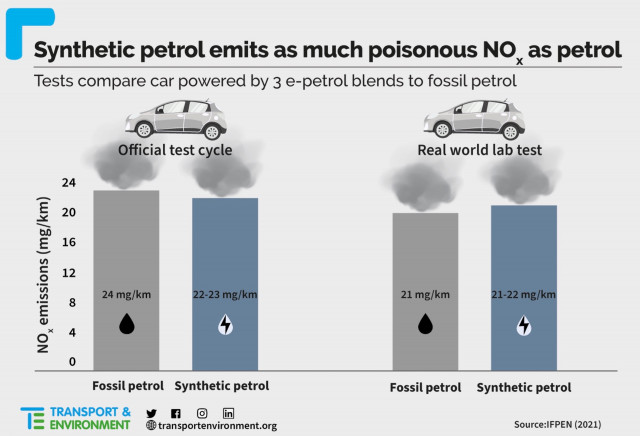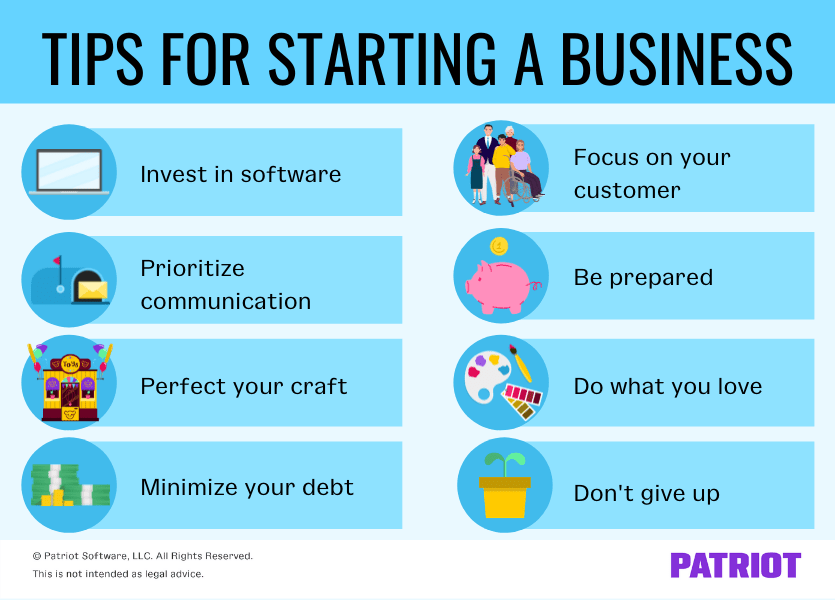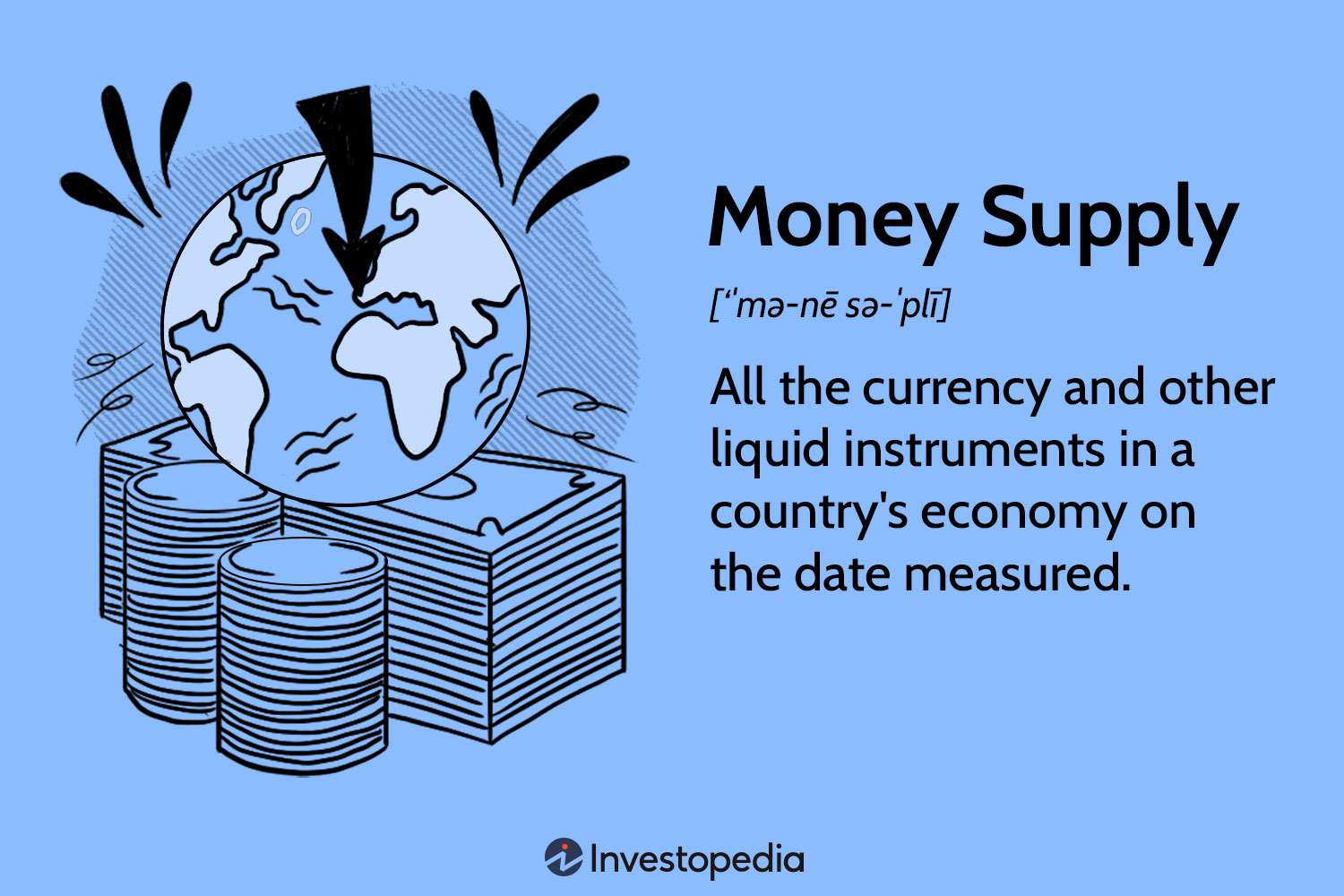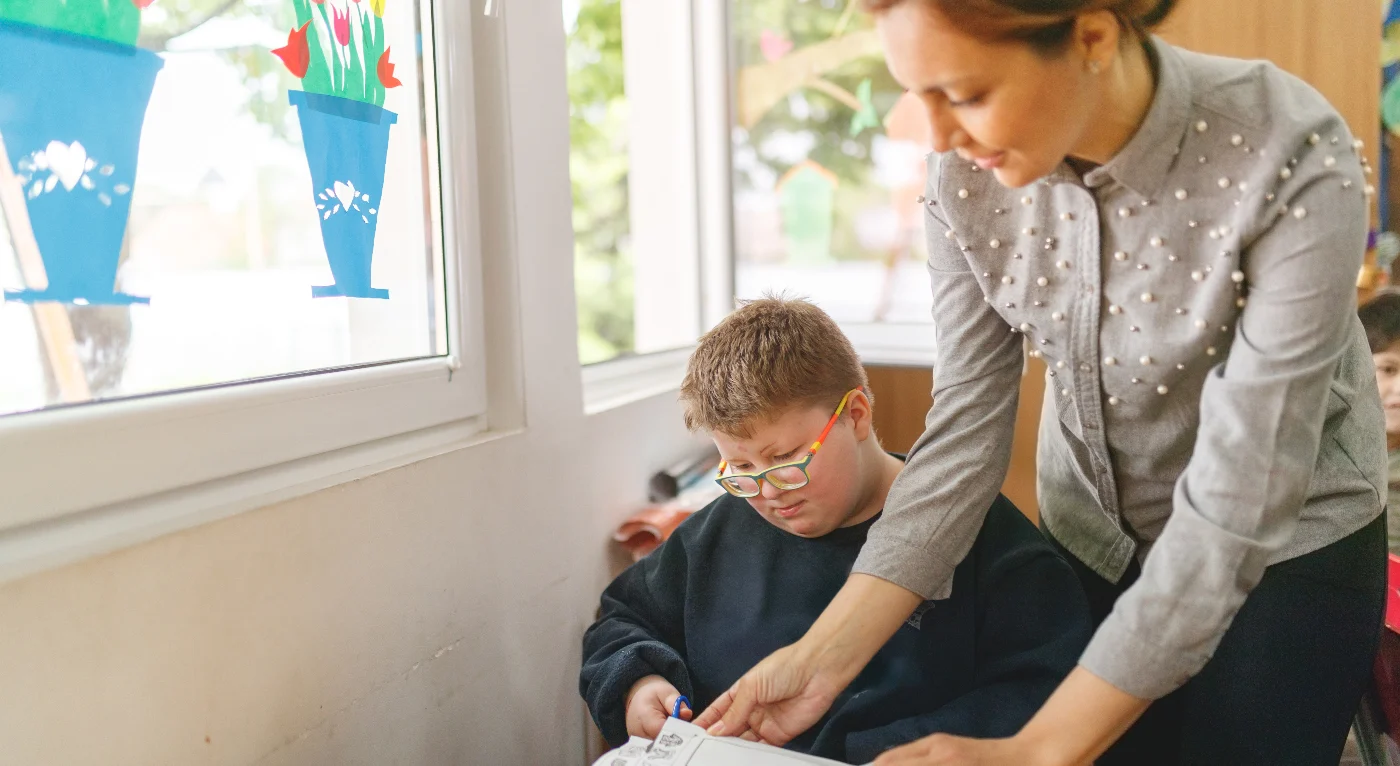Sustainable Economic Development Insights
Mia Wilson
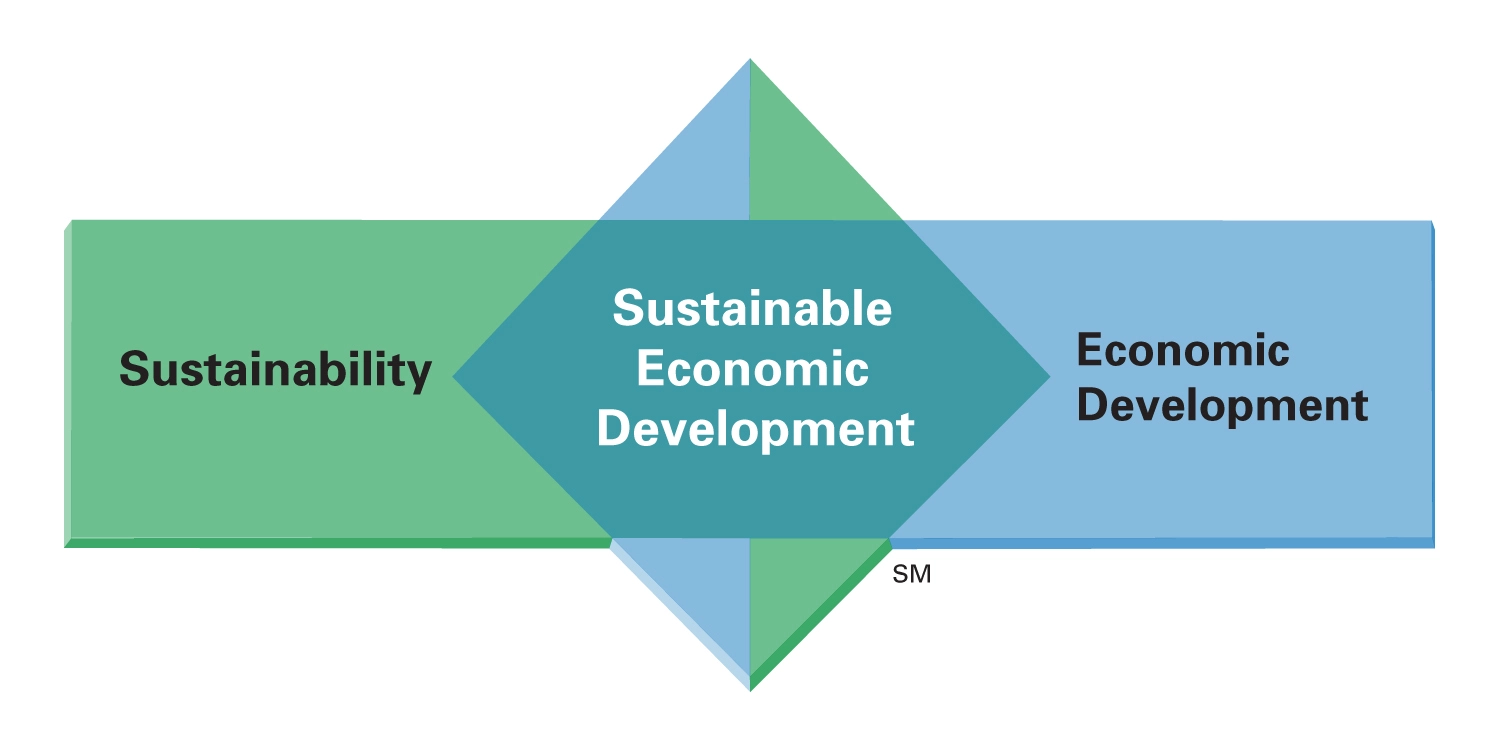
Photo: Sustainable Economic Development Insights
Sustainable Economic Development Insights: Driving Growth for a Better Future
Introduction
Sustainable economic development is a pressing issue in today’s global landscape. As nations grapple with economic growth, they are also confronted with environmental and social challenges. Achieving a balance between economic progress and ecological preservation is critical for long-term prosperity. This article delves into key insights surrounding sustainable economic development, highlighting best practices, potential obstacles, and strategies for fostering sustainable growth.
Understanding Sustainable Economic Development
Sustainable economic development refers to economic growth that meets present needs without compromising the ability of future generations to meet theirs. Unlike traditional development models, which often prioritize short-term gains, sustainable development emphasizes long-term benefits by integrating environmental stewardship, social inclusiveness, and economic viability.
Key components of sustainable economic development include:
- Environmental Sustainability: Minimizing environmental degradation by promoting renewable energy, reducing waste, and protecting ecosystems.
- Social Equity: Ensuring equal access to resources, opportunities, and services for all communities, particularly marginalized groups.
- Economic Efficiency: Encouraging innovative business models that promote resource efficiency, circular economies, and green technologies.
Why Sustainable Economic Development Matters
The importance of sustainable economic development cannot be overstated. The global population is expected to reach 9.7 billion by 2050, placing unprecedented pressure on natural resources. Without a sustainable approach, economic activities could lead to irreversible environmental damage, increased inequality, and social unrest.
Moreover, climate change poses a significant threat to economic stability. According to a report by the Intergovernmental Panel on Climate Change (IPCC), global GDP could decline by over 10% by 2050 if adequate climate action is not taken. Thus, sustainable economic development is essential for ensuring resilience in the face of climate risks.
Key Strategies for Sustainable Economic Development
1. Promoting Green Innovation
Green innovation involves developing and adopting technologies that reduce environmental impact. This can range from renewable energy solutions like solar and wind power to energy-efficient infrastructure and sustainable agriculture practices. Countries that invest in green innovation not only reduce their carbon footprint but also gain a competitive edge in emerging markets.
For instance, Scandinavia has become a leader in green innovation, with Sweden, Norway, and Denmark setting ambitious targets for carbon neutrality. These countries have reaped economic benefits by exporting green technologies and fostering high-value jobs.
2. Encouraging Circular Economies
A circular economy is an economic system aimed at eliminating waste and promoting the continual use of resources. Unlike the traditional linear economy where resources are used once and discarded the circular model emphasizes reuse, recycling, and remanufacturing.
Companies like Patagonia and IKEA have embraced circular economy principles, creating products designed for durability and recyclability. This approach not only conserves resources but also enhances brand loyalty by appealing to environmentally conscious consumers.
3. Strengthening Public-Private Partnerships (PPPs)
Public-private partnerships play a crucial role in scaling sustainable development initiatives. Governments can provide regulatory frameworks and incentives, while private sector entities bring in investment and innovation. Successful PPPs in sectors such as clean energy, transportation, and waste management have demonstrated the potential of collaborative efforts.
For example, the Masdar City Project in Abu Dhabi developed through a partnership between the UAE government and private investors has become a model for sustainable urban development.
4. Implementing Sustainable Finance
Sustainable finance involves investments that take environmental, social, and governance (ESG) criteria into account. Green bonds, for example, have emerged as a popular financial instrument to fund eco-friendly projects. By channeling capital into sustainable ventures, financial institutions can drive systemic change.
The Global Sustainable Investment Alliance (GSIA) reported that sustainable investments grew to over $35 trillion in 2022, reflecting a growing interest in aligning finance with sustainability goals.
Challenges to Achieving Sustainable Economic Development
While the benefits of sustainable economic development are clear, implementing it is not without challenges:
- Regulatory Barriers: Inconsistent policies and regulatory frameworks across countries hinder global collaboration.
- High Initial Costs: Many sustainable technologies require significant upfront investments, deterring adoption by smaller businesses.
- Resistance to Change: Established industries often resist sustainable practices due to fears of reduced profitability.
Overcoming these challenges requires coordinated global action, policy reforms, and incentives to encourage sustainable practices.
Case Study: Costa Rica – A Sustainability Success Story
Costa Rica is often cited as a shining example of sustainable economic development. Despite being a small, developing nation, Costa Rica has achieved remarkable progress in environmental conservation and economic growth.
Key factors contributing to Costa Rica’s success include:
- Investment in Renewable Energy: Over 98% of the country’s electricity comes from renewable sources, such as hydro, wind, and solar power.
- Ecotourism: By promoting ecotourism, Costa Rica has boosted its economy while preserving biodiversity.
- Reforestation Programs: The government’s commitment to reforestation has led to a significant increase in forest cover, improving both environmental health and tourism revenues.
Future Outlook for Sustainable Economic Development
Looking ahead, the future of sustainable economic development will likely be shaped by advances in technology, evolving consumer preferences, and international cooperation. Key trends to watch include the rise of smart cities, increased adoption of electric vehicles, and greater emphasis on corporate sustainability reporting.
Moreover, the role of younger generations cannot be ignored. Millennials and Gen Z are more likely to support businesses and policies aligned with sustainability, pushing both governments and corporations to act responsibly.
Conclusion
Sustainable economic development is more than just a buzzword it’s a necessity for ensuring a viable future. By promoting green innovation, embracing circular economies, fostering public-private partnerships, and leveraging sustainable finance, societies can achieve balanced growth that benefits both people and the planet.
While challenges remain, success stories like Costa Rica offer hope and valuable lessons. As individuals, businesses, and policymakers, we all have a role to play in driving sustainable economic development forward. The time to act is now.
For You
View AllCompare synthetic fuel and diesel to understand their benefits, drawbacks, and environmental impact. Find the best option!
Mia Wilson
Discover actionable steps to start a small business and ensure its success. Click for expert tips and insights!
Mia Wilson
Learn what money supply is and how it influences inflation and economic growth. Click for key insights!
Mia Wilson
Discover effective strategies to protect your VPS from cyber threats.
Mia Wilson
Explore the steps to becoming a special education teacher and making a difference in students’ lives. Start today!
Mia Wilson
Understand macronutrients and micronutrients to optimize your diet. Learn the differences now!
Mia Wilson
Health

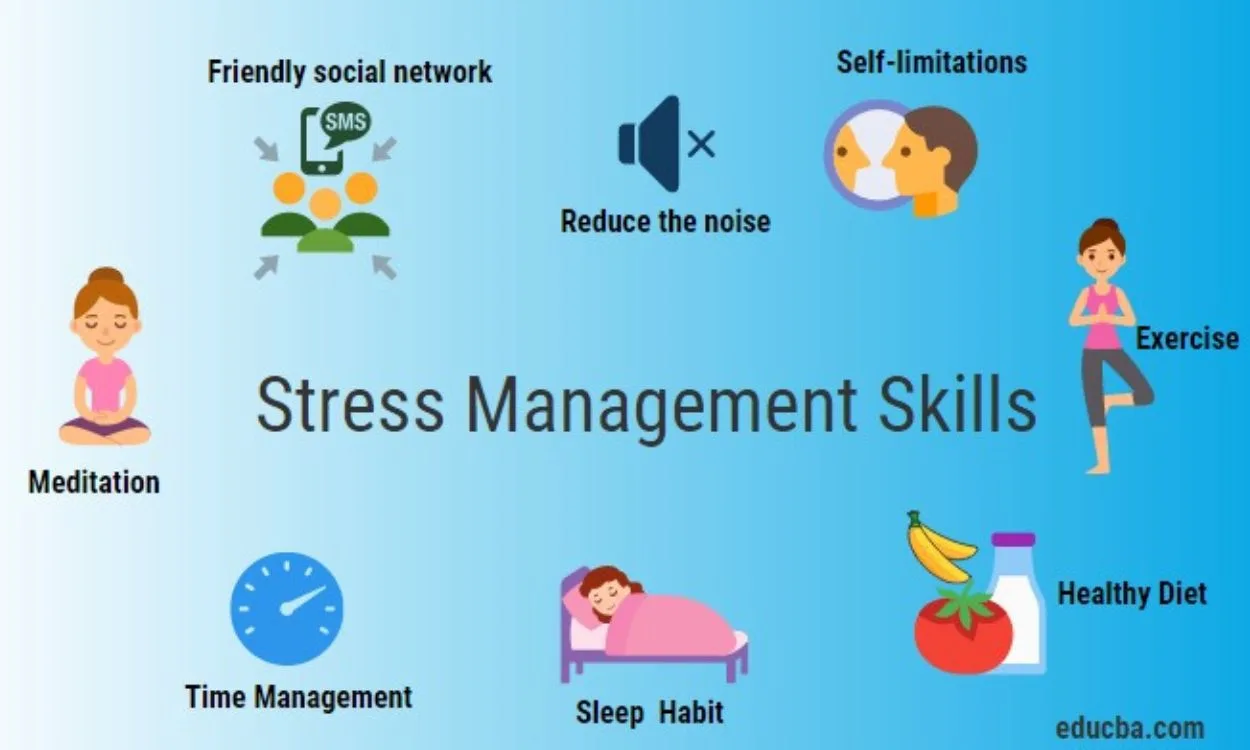
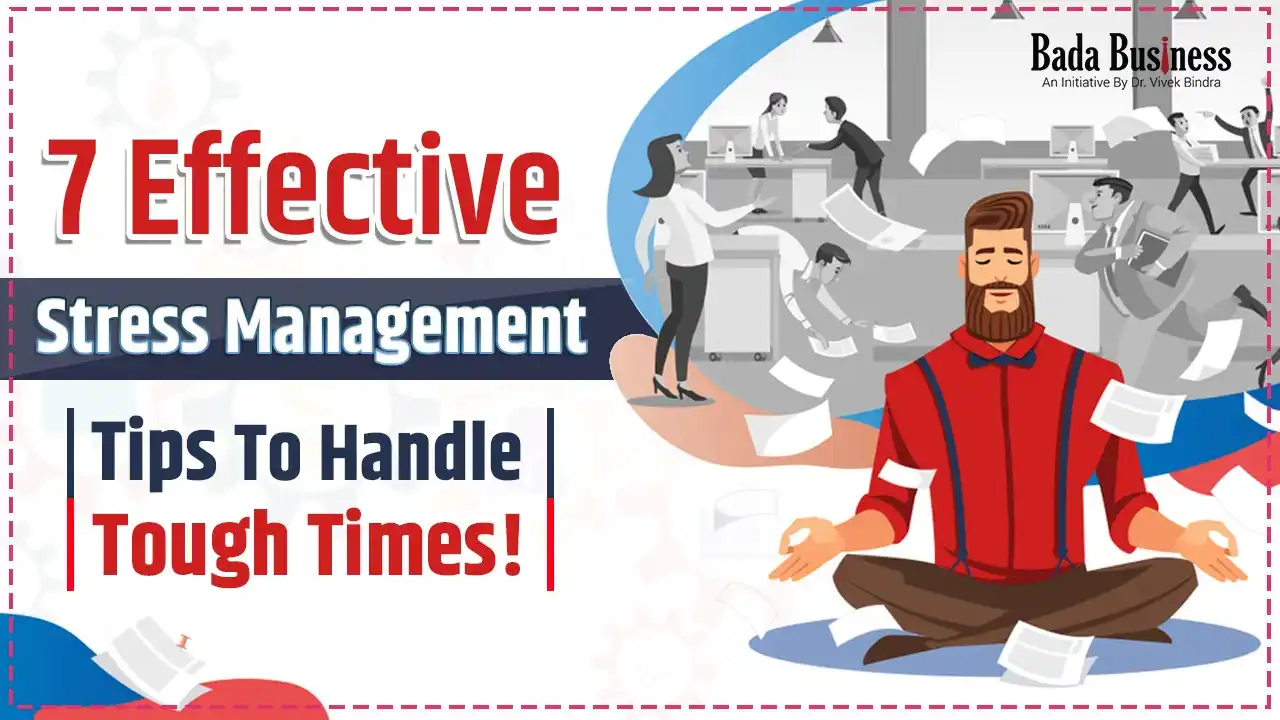
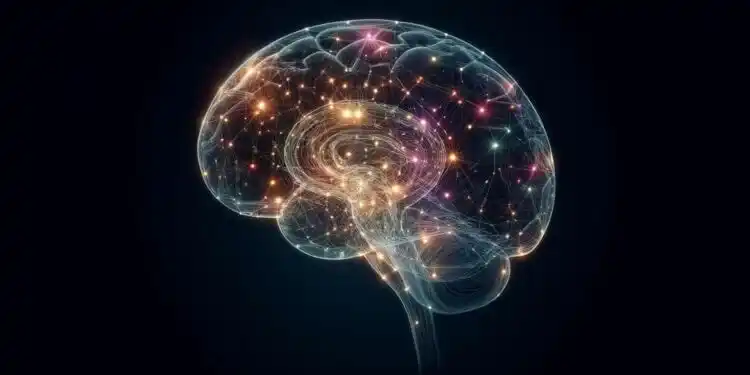




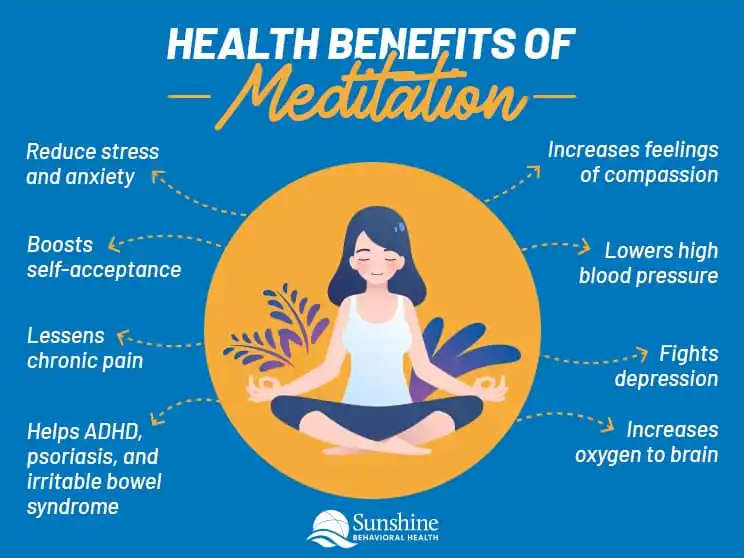

Education
View All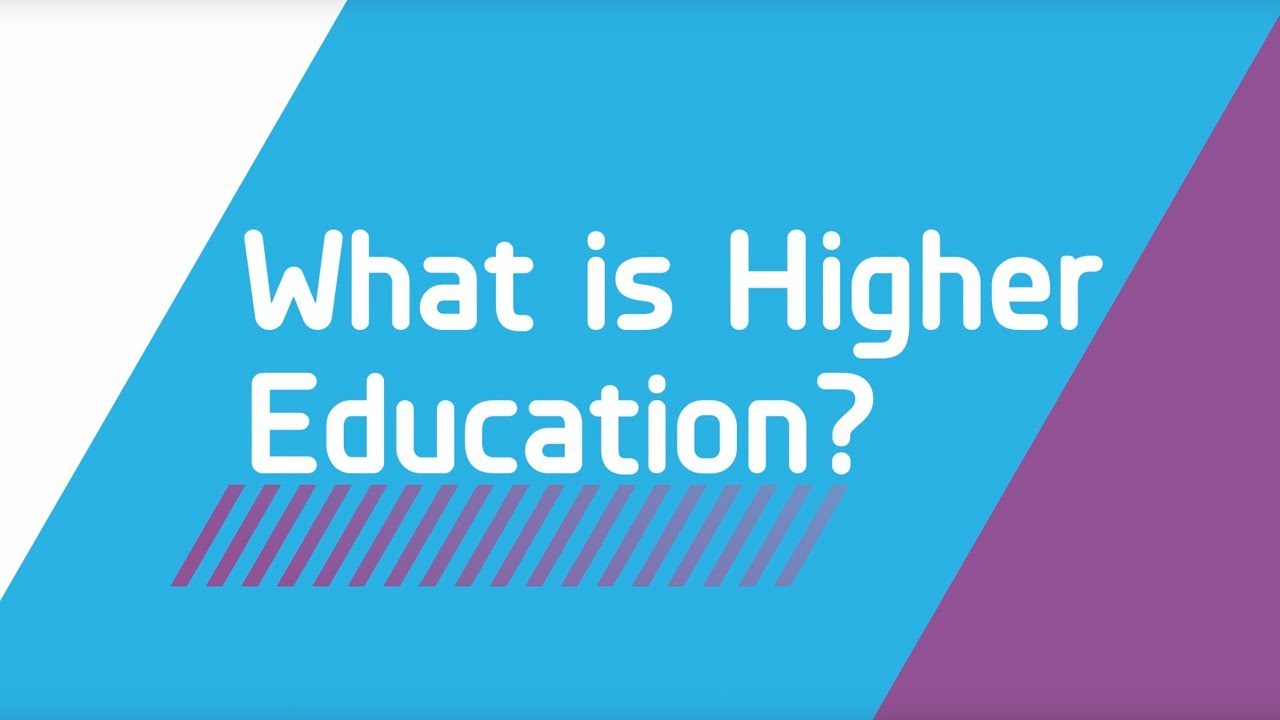
April 19, 2025
What Is Higher Education?
Understand higher education, its benefits, and how it shapes future opportunities. Explore your potential now!

April 18, 2025
What Is Special Education?
Dive into special education, its purpose, and how it supports students with unique needs. Learn how it changes lives!
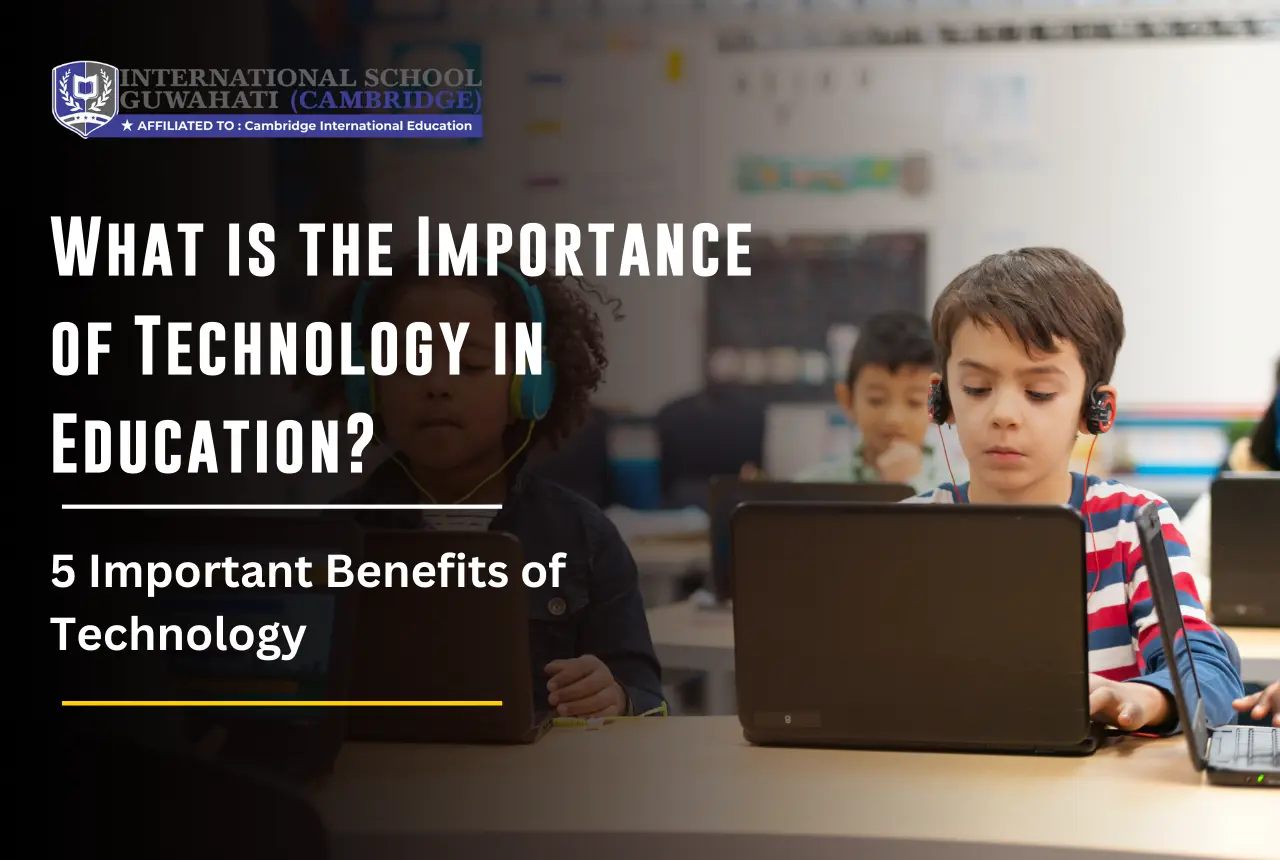
April 30, 2025
How Important Is Technology in Education?
Explore how technology is revolutionizing education, enhancing learning, and creating future-ready skills. Learn more today!
